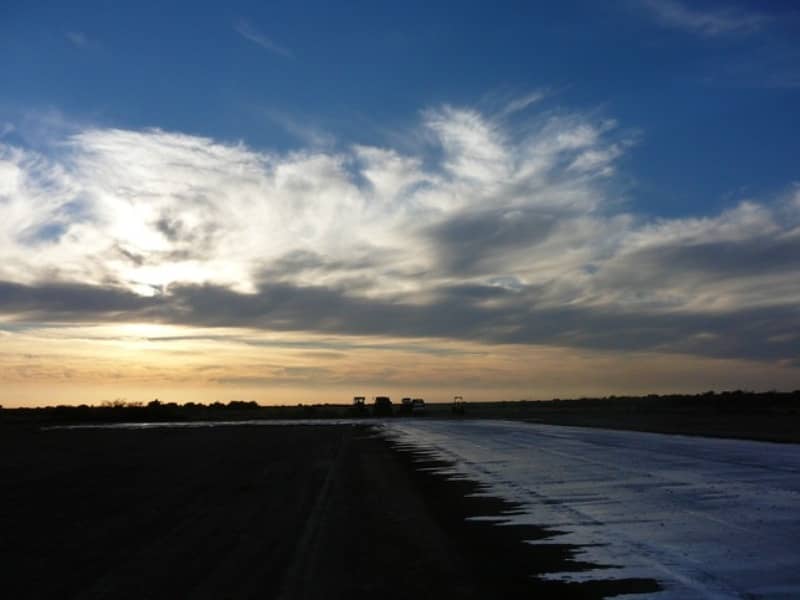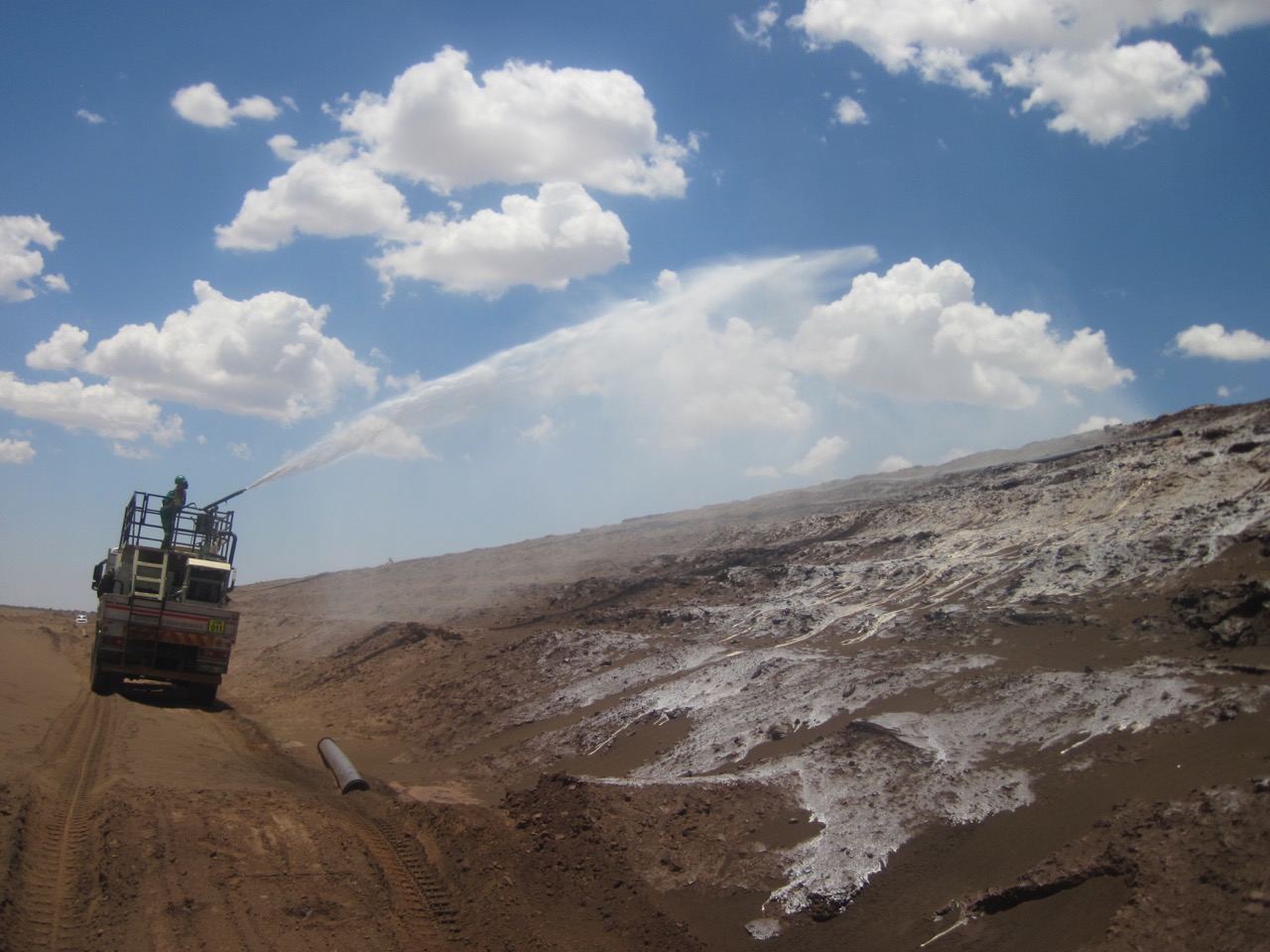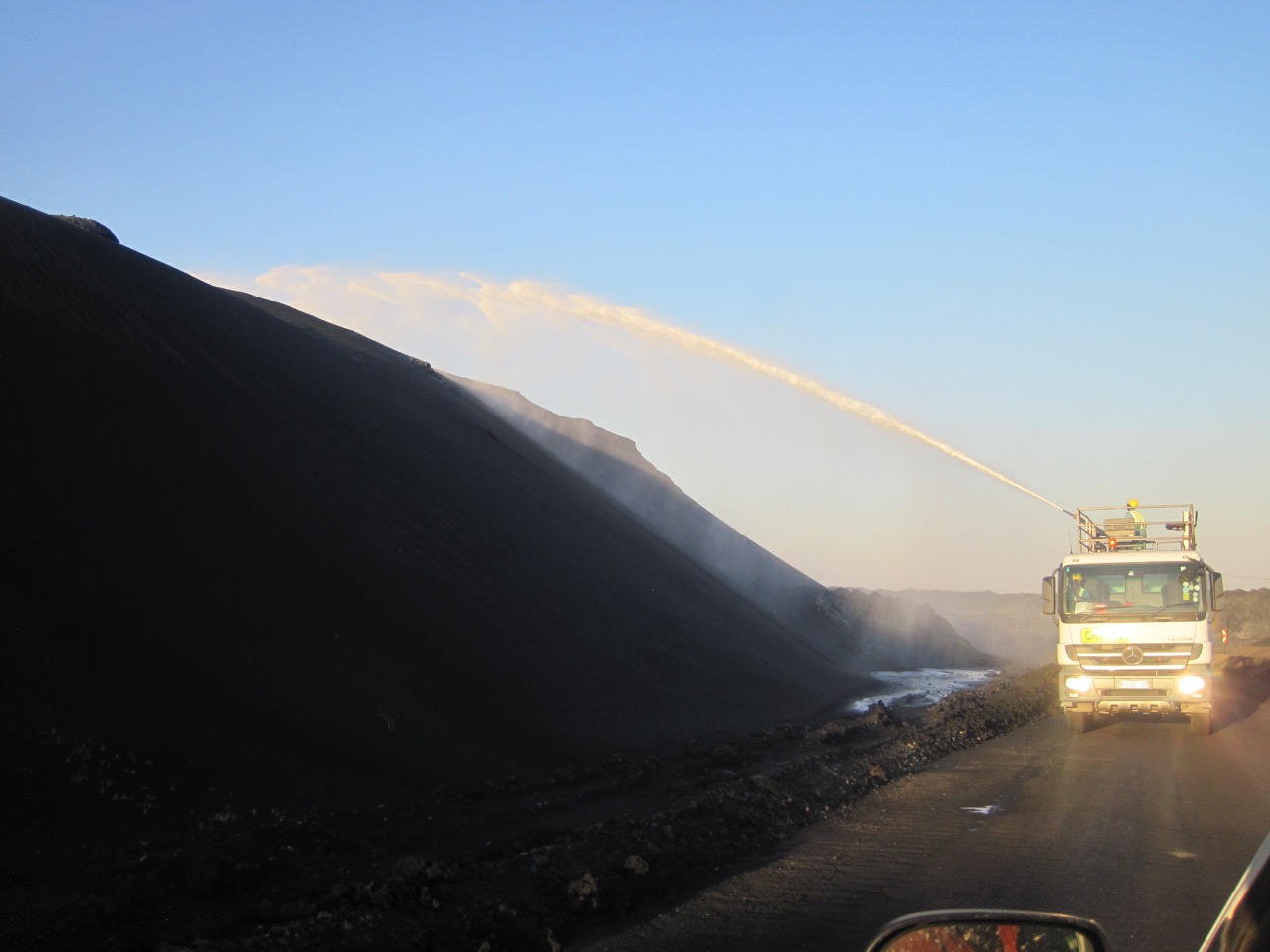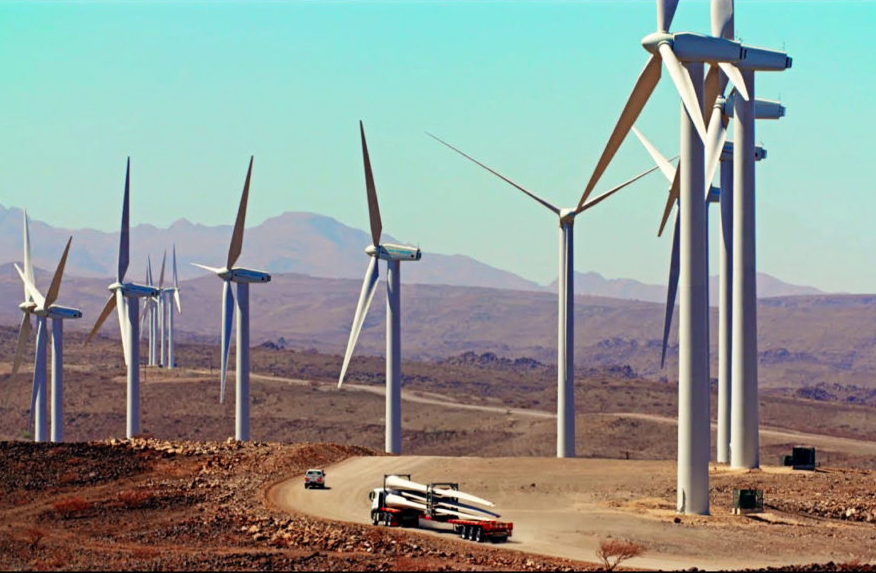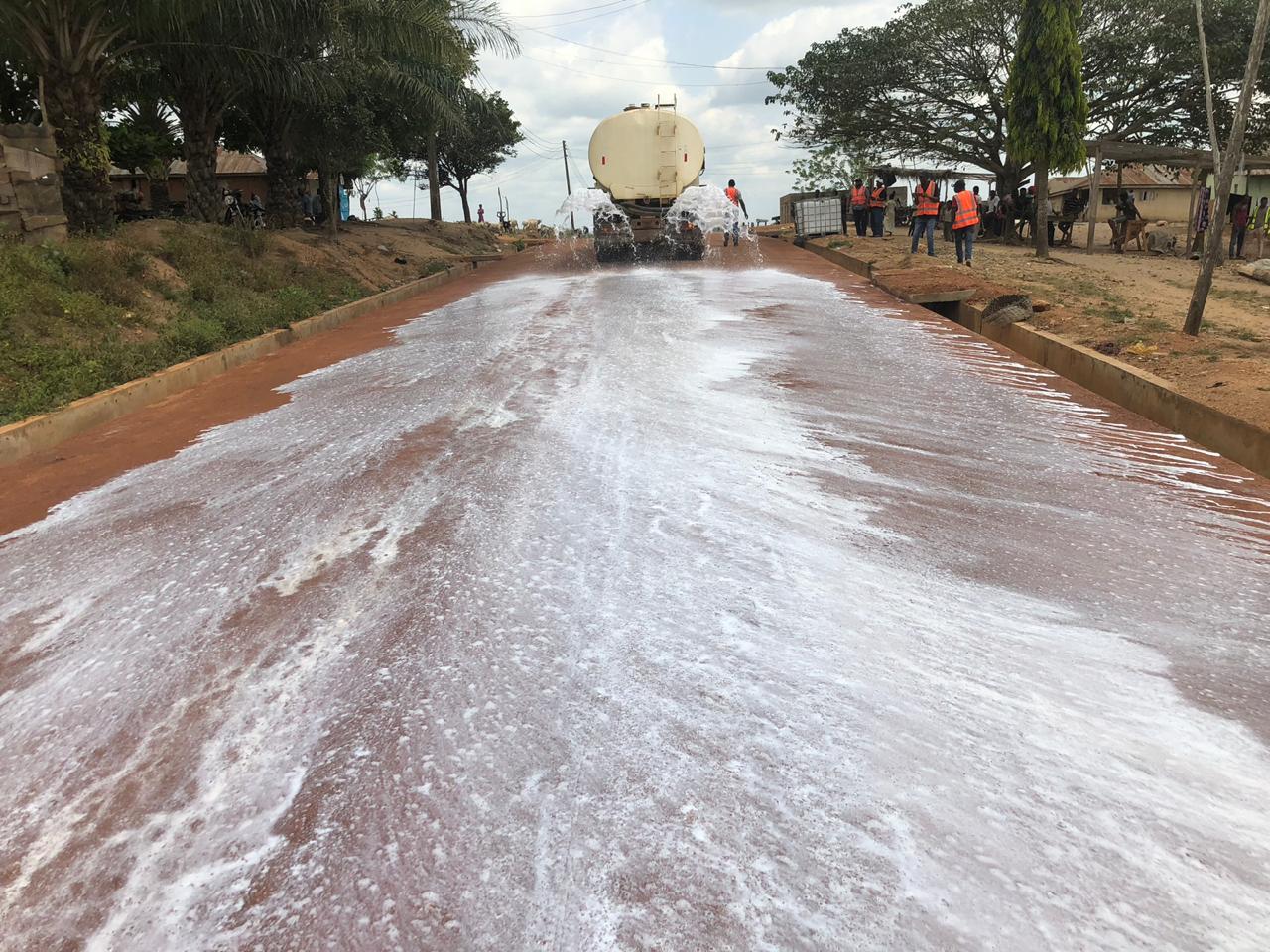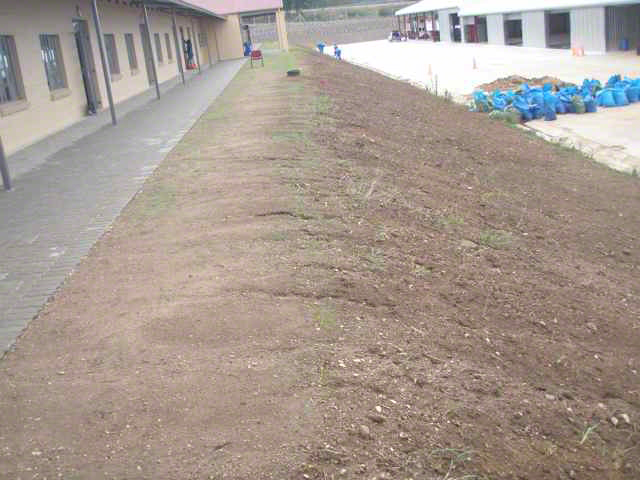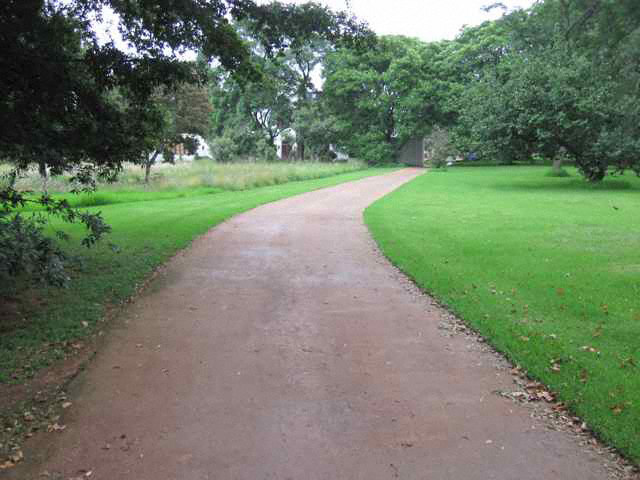Article Source. Author: Leon Louw, Why Africa, https://www.whyafrica.co.za/africa-needs-solutions-not-silos/” AFRICA NEEDS SOLUTIONS NOT SILOS
Africa needs solutions not silos
There was a hint of change in rain drenched Glasgow last month. Compared to previous gatherings, this year’s COP26 event in Scotland attracted considerably more interest, writes Leon Louw founder and editor of WhyAfrica.
People from around the world zoomed in to participate on various platforms. The intent was palpable, the conviction clinical. That the climate change clock is ticking, could no longer be denied.
At the same time that delegates were debating whether there is enough sand in the hourglass, extreme weather events continued wreaking havoc across lar
ge parts of the world. The message to decision makers was loud and clear: act now or face calamity.

They could no longer pass the buck. They had no option but to hammer out a new path, and to change direction forever.
Although the goals penned down at COP26 reflect an urgency to calm the storm, rather than to prevent it, they do have enough clout to make a difference – if they are implemented.
Decisions taken at COP26 might not change the world overnight, but they will affect every individual, and every industry on earth. Whether it is an established multi-billion venture in New York or a small-scale diamond mine in Freetown in Sierra Leone. Climate change (and curbing its most severe impacts as decided in Scotland), will affect them both. And they can make a difference.
The positive impacts of COP26
According to Sharon Schoutens, Managing Director of Soil Solutions International, the decisions and undertakings made at COP26 will have positive impacts.
To shift a mindset is not easy. However, when it is a shift that benefits current and future generations the optics and outcomes can only be positive,
Soil Solutions was started in 2004 to assist companies in reducing their environmental impact and increasing sustainability. At the time, this was a novel idea that was not readily accepted by the market. However, in today’s business climate, this knowledge and capability is indispensable.
Throughout the years, Soil Solutions has honed their skills and technology, and recently introduced the dAlta platform to assist companies in dealing with the multiple challenges presented by requirements for Sustainability and Environment Social and Governance (ESG) reporting.
“We realised that companies do not lack the will to introduce measures that would mitigate their environmental impact and reduce their carbon emissions. Instead, they did not know exactly how to do this and where to turn. Through the dAlta platform we can provide the answers,” says Schoutens.
To comply with the quantifiable and accountable reporting, companies will have to implement systems that provide verifiable information. This can only be done via data collected and verified on Block Chain. Once industries realise that information leads to better decisions, they will start reaping the benefits of increased efficiency.
Multi-functional systems for data collection
Companies active in mining, agriculture, aviation, energy, and conservation in Africa, will benefit immensely from investing in using a platform like dAlta.
dAIta provides a multi-functional system for data collection, correlation, analysing and predictive modelling on one easy to use integrated platform. If a farmer, for example, uses a range of sensor devices all with their own apps monitoring different aspects of the planting to harvesting process, the result tends to be frustration and inefficiencies as the data is “siloed” not correlated.
For instance, farmers in drought-stricken areas of Africa would want to increase efficiencies and at the same time decrease water use, crop failure and waste. To be able to do that, data from different devices cannot live in silos.
Data on its own without integration has little value. The value-add becomes exponential when it is properly integrated and analysed, and the value increases even further when it is AI & ML integrated. Integrated data enables precision decisions and predictive models can be developed to provide invaluable information for project operations.
According to Schoutens the seamless integrated platform developed by dAIta turns frustration into optimisation and high efficiency. It means that farmers or mine mangers have all the information and insights available on a single platform to make the best precision decisions.
Africa presents tough and challenging conditions. The question will thus always be whether dAIta will be practical in extremely remote areas of Africa, for example in the dense rainforest of the eastern DRC?
Schoutens says that there is no doubt that it will be. “We understand the challenges on the African continent and will provide systems that are tailored to overcome specific challenges, including LoRAWan networks and direct satellite connections unlike many systems provided are based on first world locations and connectivity.
No stranger to remote Africa
Soil Solutions is no stranger to operating in remote parts of Africa. They’ve worked on numerous projects in some of the most far-flung and out of reach areas on the continent. Some of these projects included:
- A runway in a Zambian nature reserve which made it more accessible. Before planes could land there, the reserve could only be reached with a barge when the river was in flood, or with a tractor when it was dry.
- A United Nations runway to provide food and other critical services in North-East Somalia. The only route to site before the construction of the runway entailed a long road journey followed by a river barge. This made the logistics component of the project the highest cost items for Soil Solutions.” We got around this by adapting the process using equipment that could be transported in a C130 and allowed us to deliver a rapid deployment of personnel, product and equipment within one week as opposed to four months,” explains Schoutens.
- Improving the road network of a Windfarm project in Kenya where the initial road infrastructure had all but collapsed after only two years. The project was in a water scarce area and Soil Solutions was able to upgrade the road network and prevent flooding, which routinely wiped-out entire sections of the road and living areas. In the process they reduced road maintenance to such an extent that eventually no water was required.
As the world enters a new normal in the wake of Covid-19 and with the outcomes of COP26 top of mind, companies like Soil Solutions will continue gaining more prominence. The company was way ahead of its time in 2004

Lake Turkana Wind Power Project
when environmental solutions were not in vogue. Its current offering is reinforced by the dAIta platform, which is a must have and not a nice to have for any farming, energy, or mining project in Africa.
Companies operating in Africa can no longer ignore its environmental and social impacts, and by managing their footprints, will be able to make a difference in a continent with a glaring infrastructure gap, and where development has, up to now, not filtered through to societies, at the expense of the environment.
Soil Solutions has vast experience on the African continent. Moreover, they have racked up hundreds of projects in more than 40 countries. The company has in depth knowledge of the key industries that they serve namely mining, aviation, agriculture, energy, and conservation. They have built up an invaluable experience and knowledge base that is only possible if a company has done the hard years on the ground.
With a clear understanding of the new challenges that the business world face in having to align with increased sustainability requirements, we aim to make this transition easy to implement and manage. At the same time, delivering win-win results for the environment and our client’s profitability, says Schoutens
Leon Louw is the founder and editor of WhyAfrica. He specialises in natural resources and African affairs.
Follow Why Africa here…


